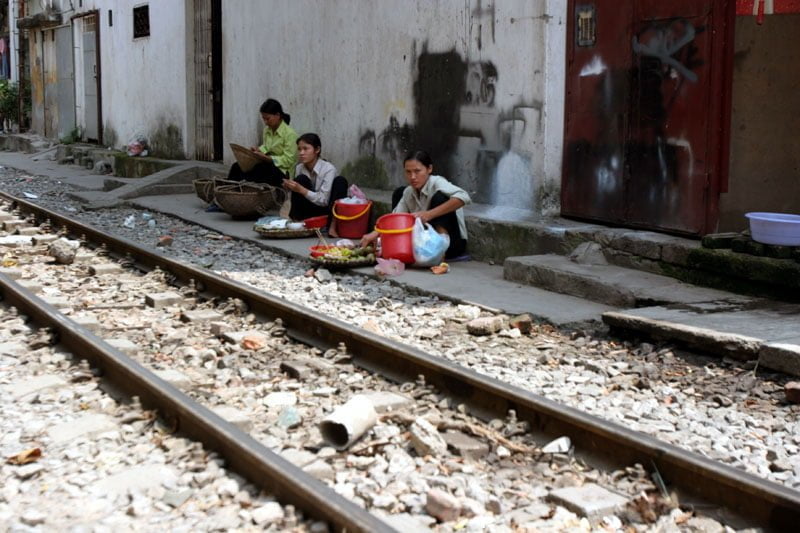A new report on the distribution of wealth worldwide, produced by the Helsinki-based World Institute for Development Economics Research of the United Nations University (UNU-WIDER) and sneaked out during December, confirms once again, that the wealthy few are getting richer and richer at our expense.
According to its own press release, the 'most comprehensive study of personal wealth ever undertaken' reveals such facts as that, at the turn of the century, the top 2% of the world's population owned more than half of all global personal wealth. Within that 'the richest 1% of adults alone owned 40% of global assets in the year 2000, and that the richest 10% of adults accounted for 85% of the world total'.
The downside? Well of course if a few own a lot then many must own… well let the report explain: 'Average wealth amounted to $144,000 per person in the USA in year 2000, and $181,000 in Japan. Lower down among countries with wealth data are India, with per capita assets of $1,100, and Indonesia with $1,400 per capita.' In effect, over half the world's population are left to enjoy just 1% of the world's assets.
Interestingly, although the report confirms that the bulk of the world's wealth resides in the so-called developed countries, it also has something to say about the levels of inequality within them. The report provides figures on the degree of wealth inequality using the gini value which expresses inequality on a percentage scale: The global figure is 89% which the report explains as meaning 'The same degree of inequality would be obtained if one person in a group of ten takes 99% of the total pie and the other nine share the remaining 1%.' As regards individual countries 'gini values for wealth inequality are usually between 65% and 75%, and sometimes exceed 80%.' The USA is one of those to pass the 80% mark! The most powerful nation on earth is also one of the most unequal. So much for the Great American dream.
Introducing the report, its authors clarified how they interpreted wealth as follows: 'We use the term in its long-established sense of net worth: the value of physical and financial assets less debts. In this respect, wealth represents the ownership of capital. Although capital is only one part of personal resources, it is widely believed to have a disproportionate impact on household wellbeing and economic success, and more broadly on economic development and growth.'
Using this interpretation they make an interesting point that some people in the third world may be, in effect, better off than those in the West because: 'While many poor people in poor countries are in debt, their debts are relatively small in total. This is mainly due to the absence of financial institutions that allow households to incur large mortgage and consumer debts, as is increasingly the situation in rich countries'.






